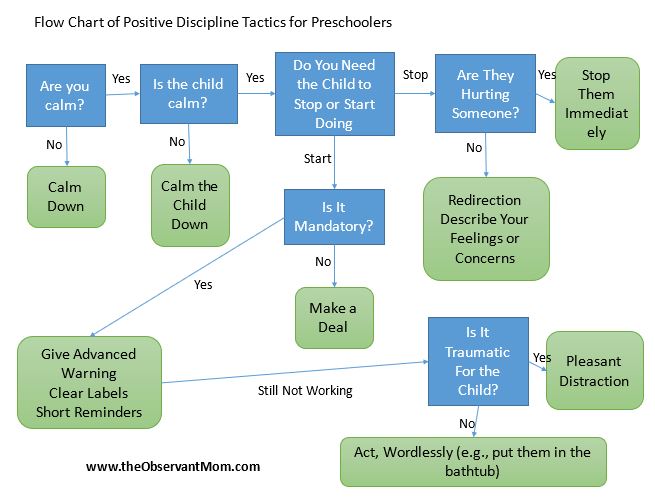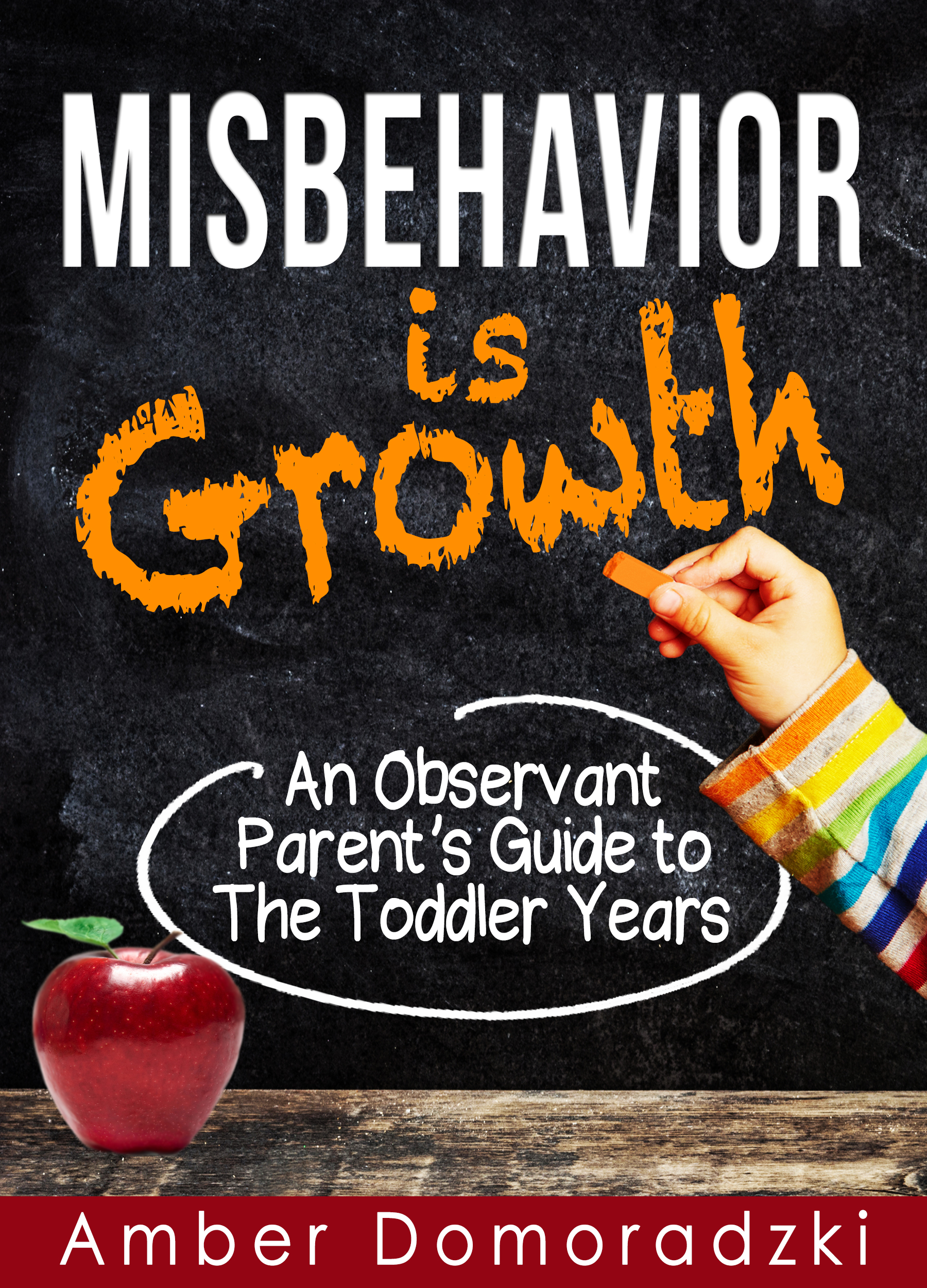Feedback I see a lot about trying to employ “positive” parenting (non-punitive) is that a person is trying gentle parenting but it just isn’t working. They’ve tried: giving choices, validating the feeling, etc., but they are still dealing with a defiant or aggressive child.
So, I’m going to be blunt: I think “gentle” is the wrong word for what we need to do as parents. I totally get the point of that word. I use it myself in the absence of other words. We want to be kind and empathetic and not harsh or punitive with our children. I am totally on board with all that. But I think “gentle” sometimes gives the wrong impression of what is needed. When my very strong son becomes aggressive with his sister and I need to respond, prying him off of her while he is growling, red in the face, and yelling, I would call that a lot of things, but “gentle” is not one of them.

Yeah it’s easy to be gentle with this sweet thing, but what if he were about to fall?
This is why I like to describe healthy parenting not so much as gentle or positive (the word “positive” is so generic, although I use it specifically to mean non-punitive) but as more of a problem solving endeavor. We as parents are in a thinking and responsible position, and we need to make sure most situations go well. I call my blog “The Observant Mom” because I think this watching, thinking, honoring, and responding to cues of children is central to quality parenting. It perhaps allows me to do the work on child development I do, in which I document both irritating age-related behavior and new abilities during developmental stages. See the section called “Milestones” at the top of this page.
Whatever our children throw at us, we need to respond to in congruence, based on the nature of the situation. I definitely don’t mean we are hitting them if they are hitting us. More like, if they bumped their toe, we respond with a soft kiss. If they thought we were about to leave without them and are distraught, we fall to our knees in an embrace. I sometimes think of myself like a fighter pilot. Sometimes I am simply doing orbits, sometimes I am shooting down an enemy. I don’t mean that literally, but the focus and energy required is similar.
So let’s give an example. Let’s say a child is playing on the back of the couch. You don’t want them there because they might fall. A congruent response would be to swiftly pick them up and put them on safe ground. Don’t even give them time to think or fight you, just do it. If you genuinely thought they might fall, just like if you thought they were about to touch hot fire, this is the natural reaction. It’s better to act than talk in this situation. If you are pleading with them to get down in this situation, you don’t really think they are going to fall. The child will sense this incongruence. You kinda sorta want them down, but they more than passionately want to stay up. They will win this battle (or will make it go terribly). Their emotional state and actions are congruent. Yours are not.
I put together this chart about how to respond to certain situations. I found all of these tactics can be used starting around 3 years, 3 months or so. A child younger than this won’t respond to some of the tools like “Deal Making.” Deal making is when you say something like, “I’ll take you on a walk if you clean your toys.” Otherwise, most of these tools work as young as 2. I offer this to jog your thoughts on how to respond in a congruent manner.
There is a mistake on this chart thought. If the child is hurting someone, you don’t calm them down first. You stop them immediately.

I do work on child development in which I document when children act up at age related stages but in which a new ability is bursting forward. I am non-punitive in my parenting for far bigger reasons than to just be kind or gentle. To me, it is radical acceptance of the growing child. I see this age-related turmoil as normal, and if one were to punish it, admonish it, shame it, or even correct it, it alters the natural forward moving growth of the child (and would be felt viscerally by the child in a negative way). My argument in my book series about this, Misbehavior is Growth, is that the irritating and aggressive behavior is a built-in design feature of children to come to them during developmentally critical times. It is in high alignment with my argument here of a congruent response. The more aggressive, the whinier, the more shocking the behavior, the more they are asking for the mentorship of an adult. It seems as though they intend–and are wildly succeeding–at bringing us to them. It has been the long standing advice to “ignore” this behavior because you are then “rewarding bad behavior.” I stand in defiant opposition to this advice. I proudly advocate you go to them, and give them the adult-child connection and mentorship they so desperately need as a human who must figure out so much in order to become a successful, independent adult.
I hope that my work gives guidance in giving this radical acceptance and possibly working around it. For instance, as I type this, I am in TM 8 with my third. He is currently on his changing table, naked, refusing to move. I know that TM 8 is Sequence of Events, which means he doesn’t like to leave what he perceives as fun things. He has a grasp on the continuity of time, and he knows he isn’t getting this moment back. I decided to sit here and just type out this blog post while he has his clearly deep thoughts while on the changing table. I have repeatedly found that just submitting to the inevitability of my child’s timeline allows me to accept it better, respond to it better and be a more peaceful parent. See my post Nonresistant Parenting.
It’s been my experience that this radical acceptance leads to less fights overall. I see nothing as a battle. I give them as much freedom as possible. If something is not actually a threat, I don’t address it. I do not, for instance, chase my children away from an oven that is not on. When it is on, they can see the smoke rise from it and understand my concern. If I try to shoo them away from it otherwise, they likely think I’m totally crazy and make no sense. If I scared them away from an oven that is not on, I am asking them to simply obey me, I’m not teaching them.
Someone once told my son he had to get his jacket on because “We called the sun and it didn’t come out today.” It should surprise no one that, after time, a child has no faith in adults, after relying on myths and mistruths to get them to cooperate. I’m not just trying to trick them or be gentle enough with them to get them to do what I want to do. I genuinely take their needs and feelings into consideration. These tools are a way to get to that need; they are not the parenting itself. Sometimes the need may very well be “I wanted Mommy to spend time with me,” and therefore telling a story while you buckle their seatbelt is the eventual solution–not because it “distracted” them but exactly because you satisfied the need.
I have on my website “Surviving and Thriving” sections at the end of each milestone. It is meant to help show how you can use an understanding of child development to deal with everyday situations (surviving) and use the milestones to invest in their growing abilities (thriving). I offer only some on my website and more in my book series. I also think this is just the beginning of what could be a much more robust science. I continue to look for researchers who would do more with this work.
See Misbehavior is Growth: Toddlers. I am working on Preschoolers now.
Follow me on Facebook, “The Observant Mom”

2 thoughts on “A Congruent Response, not a Gentle One”